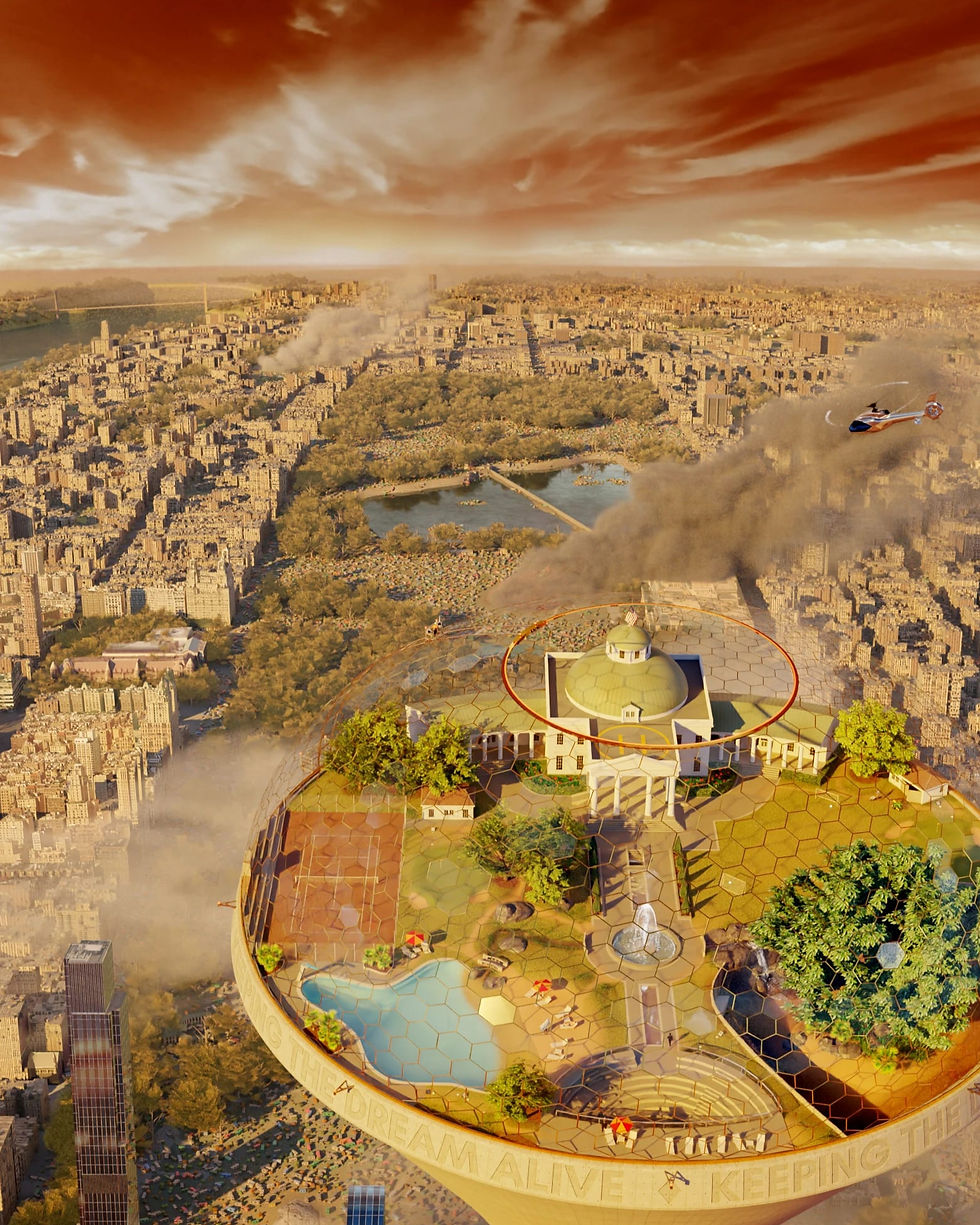Why I wrote 'The Fall', Book 1 of The Anthropocene Series
- Jake Avila

- Aug 29, 2025
- 3 min read

The Anthropocene Series was simmering in my subconscious long before the idea of writing it occurred to me. And when I made the decision to start writing (with real trepidation because the scope of a story about the fate of humanity was as scary as hell) the idea had no shape, few plot points, and no characters. All I had was frustration with the madness of our inexorable grind towards extinction and a guiding question: why the f**k are we letting this happen? Writing a story was my way of exorcising it. I wish I could call it therapy!
Eighteen months before Covid I jotted down all the things I thought were likely to happen in the near and distant future should humanity fail to get its act together. Book 1, The Fall, set twenty years in the future, would include amongst other things a pandemic (!), climate diaspora, a West Antarctic ice sheet collapse leading to an enormous tsunami and sea rise, and a polarized post-truth USA headed towards a civil war. Sticking umpteen index cards to the wall, the first Trump presidency was turbocharging the questioning of scientific data and the undermining of public institutions, so it made sense to base most of the story in America. When she sneezes, the world catches a cold.
I wanted to tell the story from all walks of life. The growing influence of the billionaire class led to the creation of Jo Jo Lopez and B.J Haggard, radically different individuals united in setting up their own countries. I needed politicians; and with the sense the two-party model is broken so came the independent candidate, Carmen Beaufort. With AI upending reality I needed an algorithmist and a window into China, Li Zicheng, and to reflect life for American families split by ideology, I created rebellious teenager, Christa Curtis. Through degrees of separation, most characters are linked. Thus, my FBI agent caught up in a government conspiracy happens to be Christa’s father, while a UN special rapporteur looking at human rights in a corporate state provides access to the richest man in the world. At the other end of the scale is Betsy, a former prostitute and drug addict, who blunders into the lair of eco-terrorist Vidar and discovers the mysterious Gaia.
With such a large cast, and my determination that readers should experience events firsthand, I decided to construct the narrative using limited point-of-view chapters in the manner of G.R.R Martin’s Game of Thrones (my respect for his world building is now even more immense). Weaving intersecting storylines over a compressed period of 18 months was like herding cats through a maze with shifting walls. As with most writers, my characters evolved as I wrote, and as they changed, so too did the story lines with the inevitable ripple effects and delays. With rewrites of my first novel for publication (insert plug for Cave Diver), numerous house moves, the need to make money, and at times loss of faith in the project, people eventually stopped asking me how the story was going. As time marched on, I began to get the feeling I was no longer writing speculative fiction. First Covid, cascading extreme weather events, then Trump 2.0 … the world was being upended faster than I had ever believed possible. Prescience was never the point, but shifting events did mean I had to tweak the premise of my near future. A good friend of mine asked, “Why didn’t you just start at the end of the proposed series (a hundred years’ hence to be explored in Book 3) and work backwards ?” It was a good point – not only would it have been simpler – it might save me a lot of time and effort if people never read The Fall! Certainly, post-apocalyptic and hard science fiction are clearly defined genres, which I think helps to explain why every publisher and agent I approached with The Fall knocked me back. “I don’t how to sell it,” was the common refrain on its cross-genre form, another was “it’s too big.”
So, I self-published. I had no choice. Too much effort has gone in to walk away. More importantly, the frustration and dismay that led me to write this story has grown more profound. As a child of the sixties, I grew up with the knowledge that Western values, whilst far from perfect, had triumphed over darkness in WW2, that liberal democracy had managed to wangle individual freedom while preserving the social contract, and that science would take care of our civilization. Hell, when I was a young man, even conservatives like Ronald Reagan, Margaret Thatcher and Rupert Murdoch said we needed to deal with climate change.
So, what the f**k happened? The Fall is my first installment in trying to make sense of that question and where we are headed.


Comments